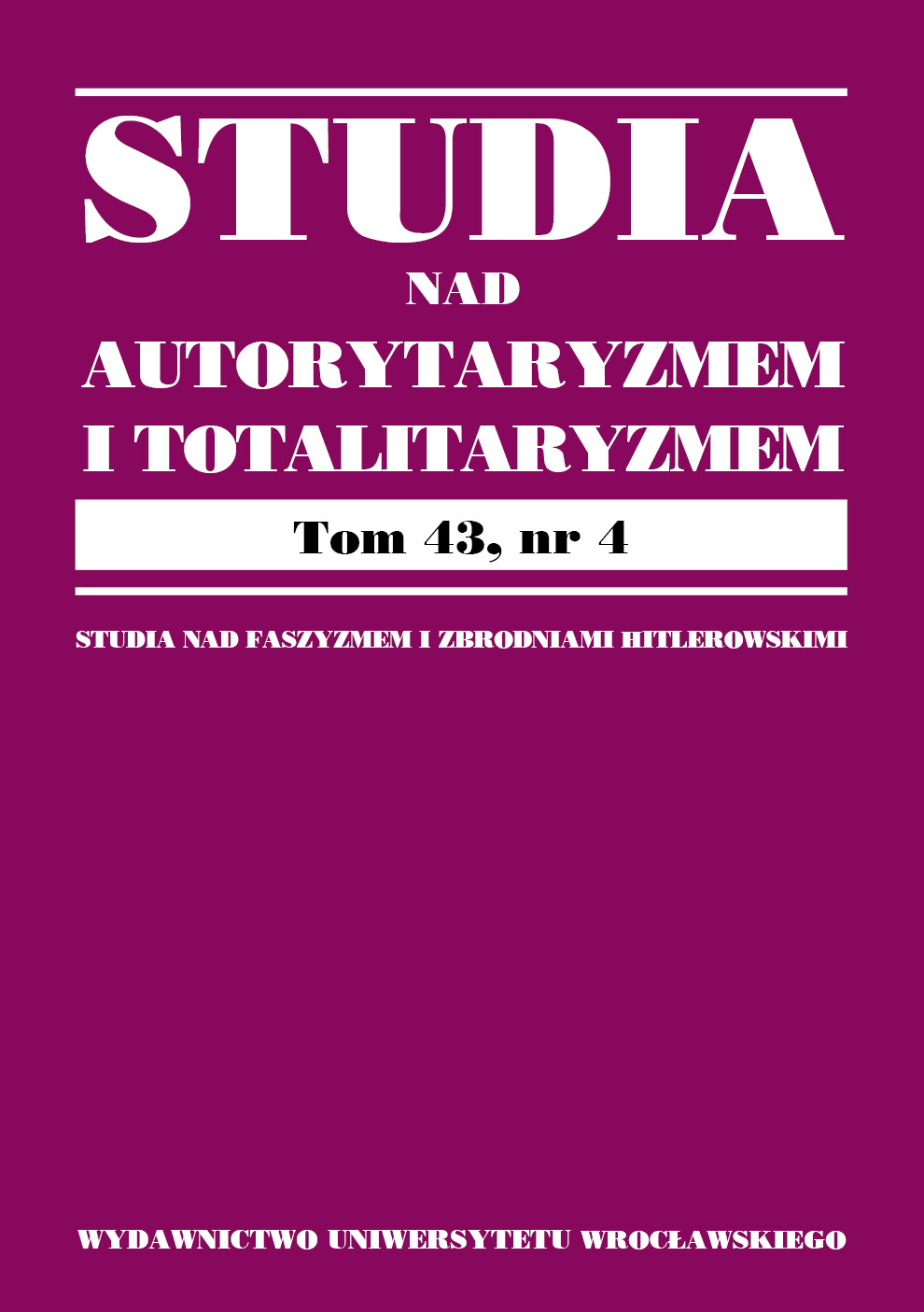

Articles

This article comments on the Spanish Constitutional Court’s order of 17 October 2019, ATC 119/2020, regarding the exhumation and transfer of the remains of Francisco Franco Bahamonde from the Valley of the Fallen. Franco’s relatives brought a constitutional complaint before the Constitutional Court against the resolutions of the Council of Ministers of 15 February and 15 March 2019, which concerned the exhumation of the dictator’s remains and their transfer to the Mingorrrubio Cemetery in El Pardo. This was done against the wishes of the family, who had indicated another location. The applicants submitted, inter alia, that their right to respect for private and family life had been violated. In fact, certain issues relating to the treatment of the body of a deceased person fall within the scope of the right to privacy. However, the Spanish Court did not accept the applicants’ plea and held that there was no violation of the constitutional right. It justified its decision on the grounds that the right to protection of private and family life is not absolute and is subject to limitations, and that the measures applied in this case were in line with a “constitutionally legitimate aim,” proportionate and necessary. The Court’s decision is correct, although its reasoning leaves much to be desired. The Court could have strengthened its argumentation with, first, a more in-depth analysis of proportionality, and, second, with reference to Strasburg standards. In particular, as the Court pointed out, the historical and political importance of the person at the head of the political regime established after the civil war and acting as head of state meant that the decision on where to bury his remains went beyond the dimension of an individual private matter.